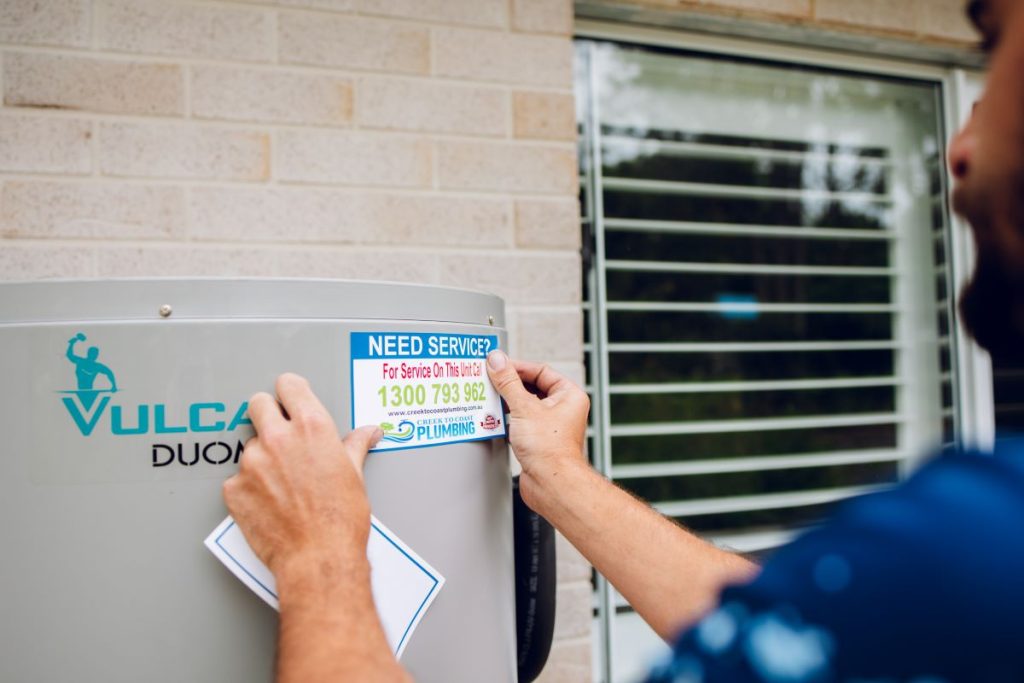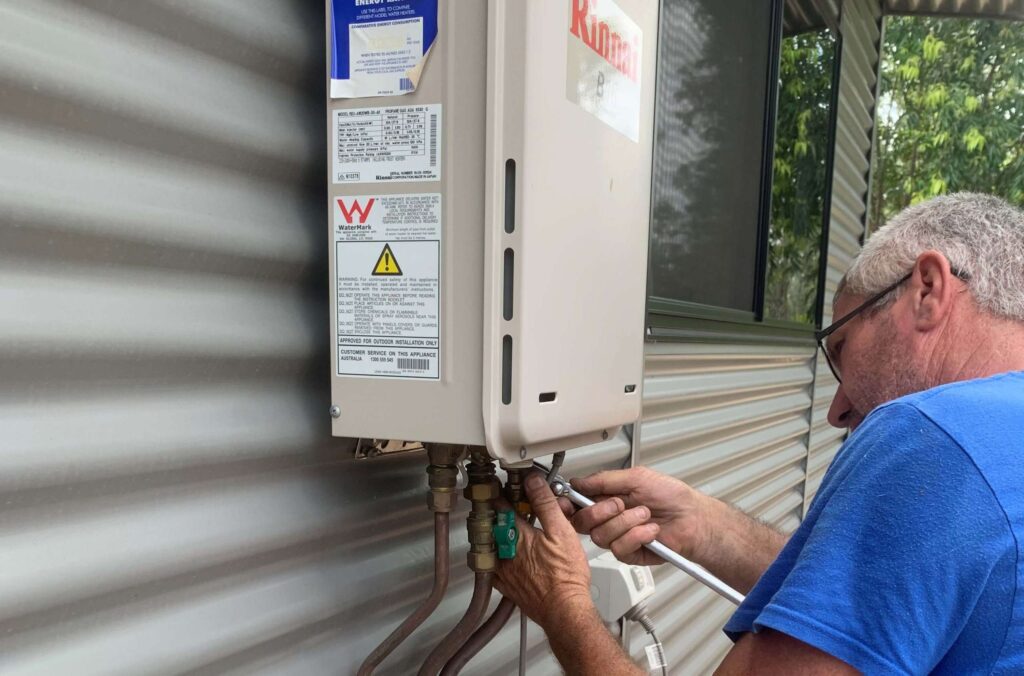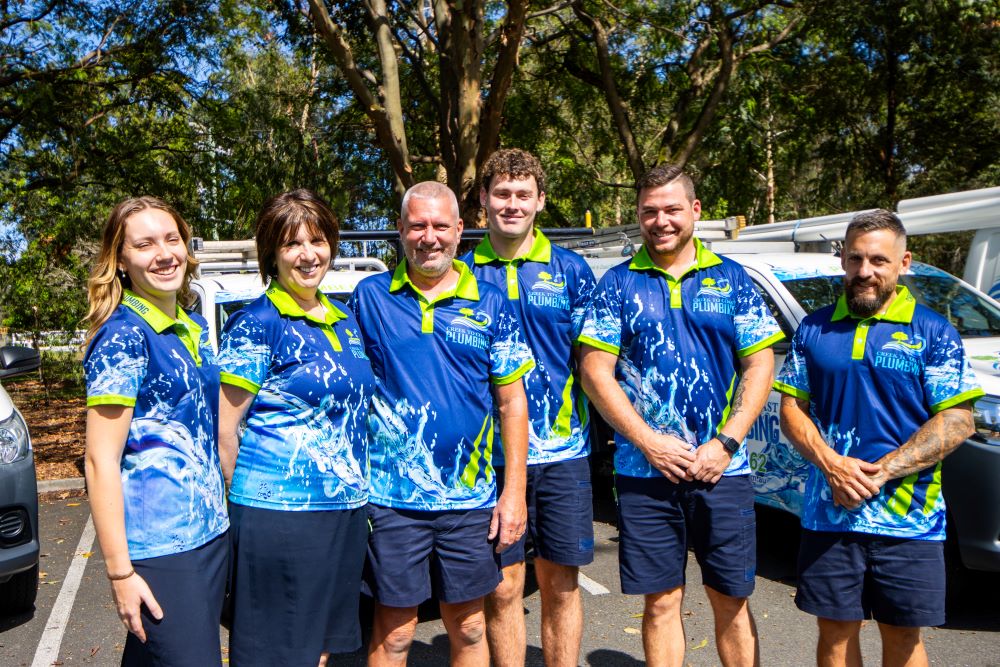If you are considering the installation of a solar hot water system in Queensland, it is essential to understand the role of booster systems. Recognising their importance is vital for homeowners looking to ensure optimal performance. Are these boosters genuinely necessary for your solar hot water system? What implications might arise if you decide to forgo this critical component? Addressing these questions is crucial for anyone aiming to enhance their hot water efficiency and ensure uninterrupted supply throughout the year.
The answer to the necessity of a booster is a resounding yes — it is absolutely essential. In this comprehensive guide, we will delve into the mechanics of solar hot water systems, the specific conditions that activate boosters, and the essential information that Queensland homeowners must be aware of to avoid the discomfort of cold showers and to maintain a dependable hot water supply throughout the year.

Understand the Essential Role of Boosters in Your Solar Hot Water System
A booster serves as a vital secondary heat source, typically powered by electricity or gas, that efficiently heats your water supply when solar energy falls short. This functionality is crucial to ensure that you receive a reliable and consistent supply of hot water under various circumstances, such as:
- Overcast or rainy days when solar energy generation is limited
- Early mornings or late evenings when sunlight is insufficient
- Winter months with shorter daylight hours that significantly hinder solar gain
- Periods of high demand, such as during extra showers or laundry loads
In the absence of a booster, your solar hot water system may struggle to deliver consistent hot water, particularly during times of peak usage or when weather conditions are unfavourable. Understanding the pivotal role of a booster is indispensable for enhancing your overall hot water experience and ensuring comfort in your home.
Comparing Electric and Gas Boosters for Maximum Efficiency
Electric Boosters are frequently installed in homes that rely solely on electricity for their energy needs. These systems automatically heat the water whenever the solar input dips below a specified level. The advantages of electric boosters include:
- Widely accessible and easy to install, making them a popular selection
- Lower initial installation costs compared to gas systems, which can appeal to budget-conscious homeowners
- Automatic operation to ensure hot water availability, significantly enhancing user convenience
- Potentially higher running costs, which depend on your specific energy tariff structure
On the other hand, Gas Boosters are often favoured in residences that already have a gas connection. These systems provide on-demand heating, meaning they only activate when hot water is required. The benefits of gas boosters include:
- Rapid and efficient heating capabilities, ensuring hot water is available almost instantly
- Generally lower running costs compared to electric boosters, offering potential savings in energy bills
- Higher initial installation costs if a gas connection is not already available, which may be a consideration for some homeowners
For households with continuous-flow needs or those transitioning from off-grid solar solutions, we highly recommend considering gas boosters due to their superior efficiency and performance advantages.
The Seamless Operation of Solar Boosters in Your Hot Water System
Most solar hot water systems come equipped with a thermostat or sensor that constantly monitors the water temperature. If it drops below the required threshold—typically maintained at 60°C for health compliance—the booster automatically engages, ensuring you always have access to hot water, regardless of external conditions.
Homeowners have the option to choose between two operational modes:
- Manual Boosting: This mode allows you to control when to activate the booster system, offering flexibility tailored to your needs.
- Automatic Boosting: The system activates the booster only when necessary, providing enhanced convenience for users without requiring constant oversight.
In Queensland, automatic boosters are more commonly adopted due to their alignment with local regulations and the convenience they offer homeowners, ensuring peace of mind and a reliable hot water supply.

Essential Regulations Governing Solar Hot Water Systems in Queensland
According to the Queensland plumbing regulations, it is mandatory for a compliant solar hot water system to consistently deliver hot water throughout the entire year. This regulation inherently indicates that having a booster is essential for compliance.
This regulation also establishes a critical safety standard. To prevent the proliferation of harmful bacteria like Legionella, hot water must consistently maintain a temperature of at least 60°C. Without a booster, achieving and sustaining this temperature becomes increasingly difficult, especially on cloudy or chilly days when solar energy input is insufficient.
Identifying Common Issues with Your Solar Booster System
How can you tell if your booster is malfunctioning? Be vigilant for these common indicators:
- Water remains lukewarm during the colder winter months, indicating inadequate heating
- Experiencing cold showers in the mornings, even after sunny days, suggesting a performance issue
- System fault lights or error codes appearing on your unit, signalling potential problems
- Hot water only available after extended exposure to sunlight, indicating insufficient heating
What steps should you take?
If your system is not performing as expected, the issue may lie with the booster rather than the solar panels themselves.  Schedule a thorough system inspection with our professional team to efficiently identify and resolve any issues.
Schedule a thorough system inspection with our professional team to efficiently identify and resolve any issues.
Recommended Service Intervals for Maintaining Your Solar Boosters
To ensure your solar system and booster function at peak performance, we recommend scheduling maintenance checks every 2–3 years. However, you may need to have it serviced sooner if you notice:
- Your system is older than five years, which can lead to a decline in efficiency
- Inconsistent water temperatures, suggesting potential malfunctions within the system
- A significant amount of time has passed since the anode rod or valve was inspected, which can adversely affect performance
Regular maintenance not only prevents breakdowns but also ensures that your booster activates when necessary, providing you with consistent hot water precisely when you need it most.
Assessing the Financial Impact of Boosters on Your Energy Bills
A well-installed and properly maintained booster system is likely to have a minimal impact on your energy bills, particularly when compared to systems that rely solely on electricity for heating water.
To reduce the frequency of booster usage and the associated costs, consider implementing these effective strategies:
- Install a timer for manual boosters to optimise energy usage effectively
- Use hot water primarily during daylight hours when solar energy is plentiful and cost-effective
- Insulate your pipework to minimise heat loss, thereby enhancing overall system efficiency
Expert Solutions for Your Solar Booster Needs in Queensland
We provide comprehensive services for the supply, installation, and maintenance of solar hot water systems with boosters across Caboolture, Moreton Bay, and North Brisbane. If you are uncertain about the functionality of your booster or require assistance in determining the best type for your specific system, we are here to guide you through your options.
 Contact a licensed solar plumber today for expert advice tailored to your system.
Contact a licensed solar plumber today for expert advice tailored to your system. Explore detailed cost comparisons and various system types here to make an informed and beneficial choice.
Explore detailed cost comparisons and various system types here to make an informed and beneficial choice.

Frequently Asked Questions About Solar Boosters Addressed
Can I turn off my booster to save energy?
Yes, you can, but it is only advisable if your system allows for manual control. However, proceed with caution—without proper monitoring, the likelihood of experiencing cold water increases significantly, particularly during periods of high demand.
What is the ideal temperature for hot water?
Hot water should reach a minimum temperature of 60°C for storage systems. This temperature is not only a legal requirement but also an essential health standard in Queensland to ensure safety and prevent the growth of harmful bacteria.
Is it possible to add a booster to an existing solar system?
Absolutely! We can retrofit boosters onto compatible systems or assist you in upgrading to a new model that includes integrated control for enhanced functionality and efficiency.
The Article: Solar Hot Water Systems: Is a Booster Necessary? first appeared on https://writebuff.com
The Article Booster for Solar Hot Water Systems: Is It Needed? Was Found On https://limitsofstrategy.com

